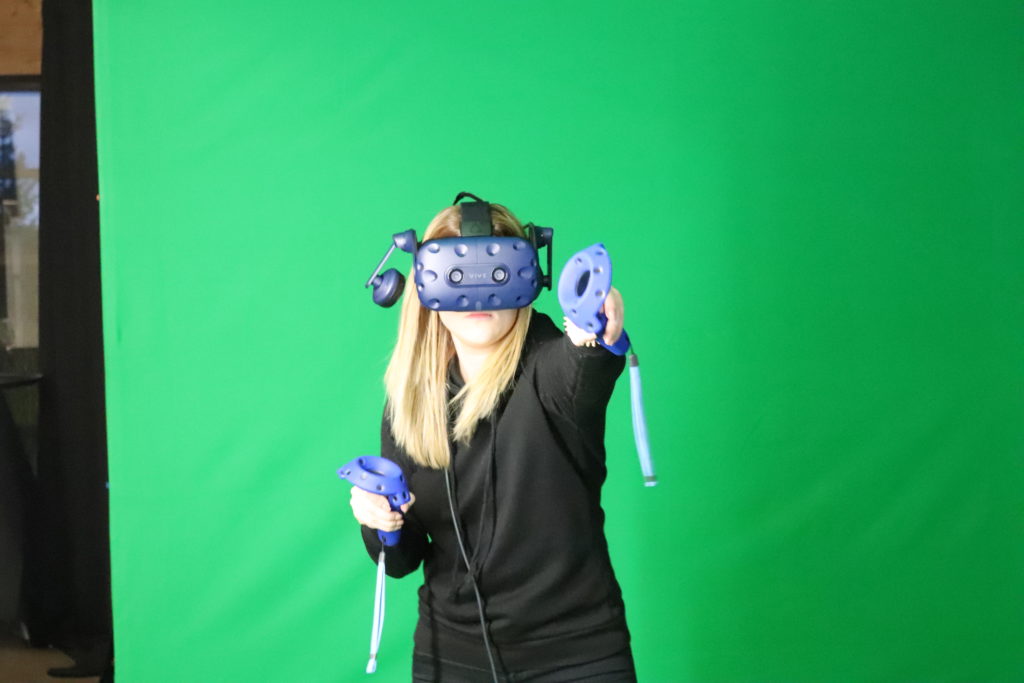New Brunswick digital career exploration
High school students are finding it difficult to explore career pathways due to the restrictions of the pandemic. Meanwhile, data shows that many workers in the Greater Moncton area will retire in the next 3 years, creating the need for an estimated 7,000 new workers, posing potential demographic risks to the region’s economic growth. This innovative online project addresses both challenges by engaging high school students in career development opportunities, offering multiple ways for students – together with education leaders and guidance counsellors – to virtually explore in-demand careers in the region from the safety of their school.

Future Skills Centre is providing $135,026 for this 2-year program. Students in the Greater Moncton area will take interactive online tours of local businesses to become familiar with high demand sectors such as construction/trades, transportation/logistics/supply chain, bio-tech/health innovation and fin-tech/finance and insurance. The youths will also have the chance to connect with industry experts who will discuss their own work experiences and study pathways through a speaker’s bureau. Virtual simulations will give students a hands-on option to explore 15 different career paths. The resources will exist on a user-friendly platform where students can learn more about in-demand sectors as well as what the region’s workforce has to offer, while connecting them with industry experts.
Evaluation Strategy
This project is evaluated using tools and approaches aligned with its goals, context, and stage of development. The evaluation focuses on generating the right evidence at the right moment to move the intervention forward. Read more about our evaluation strategy.





